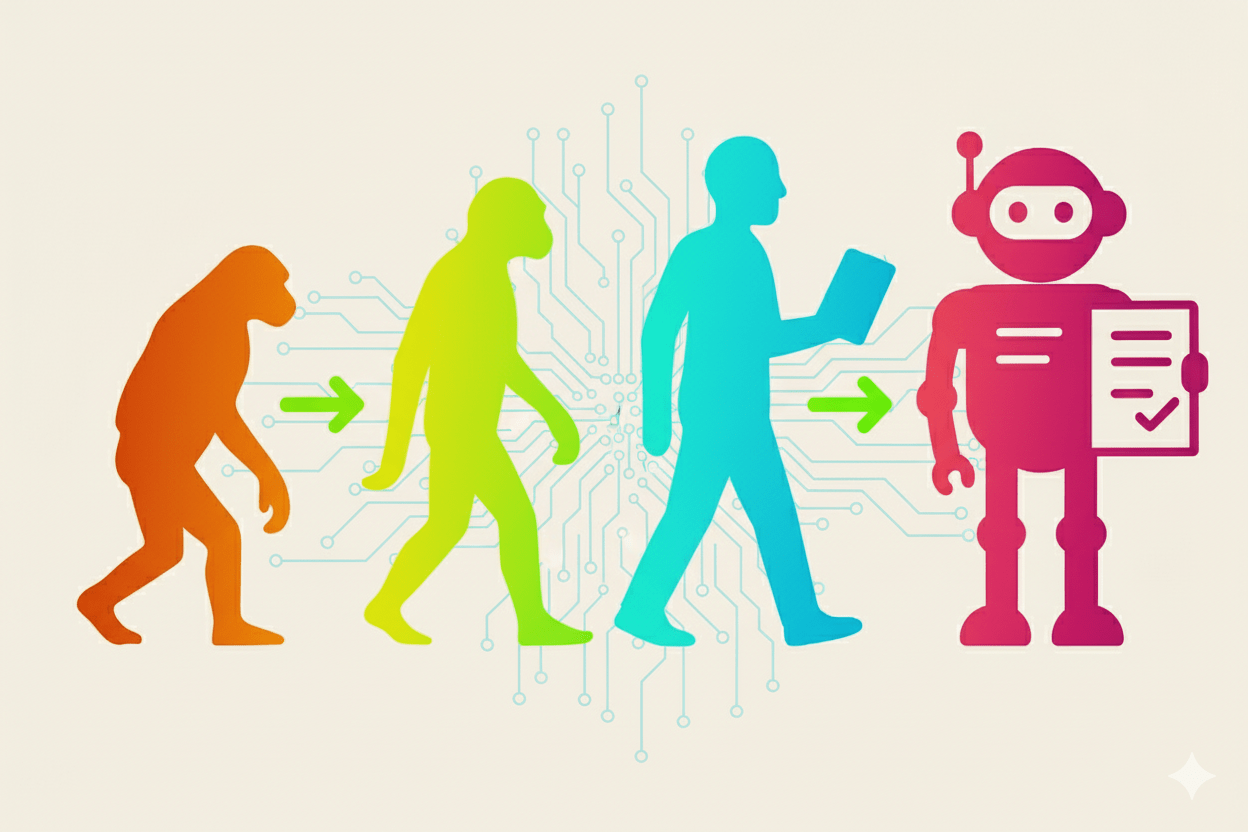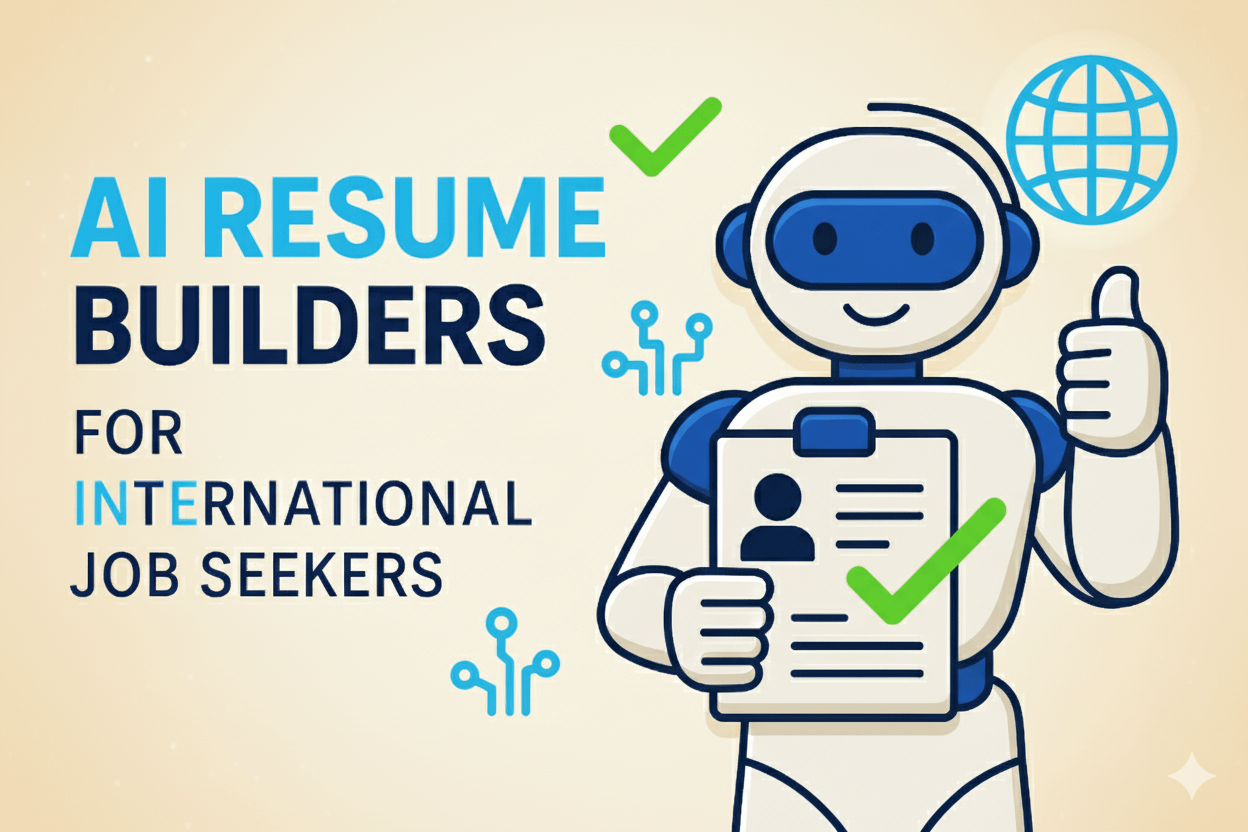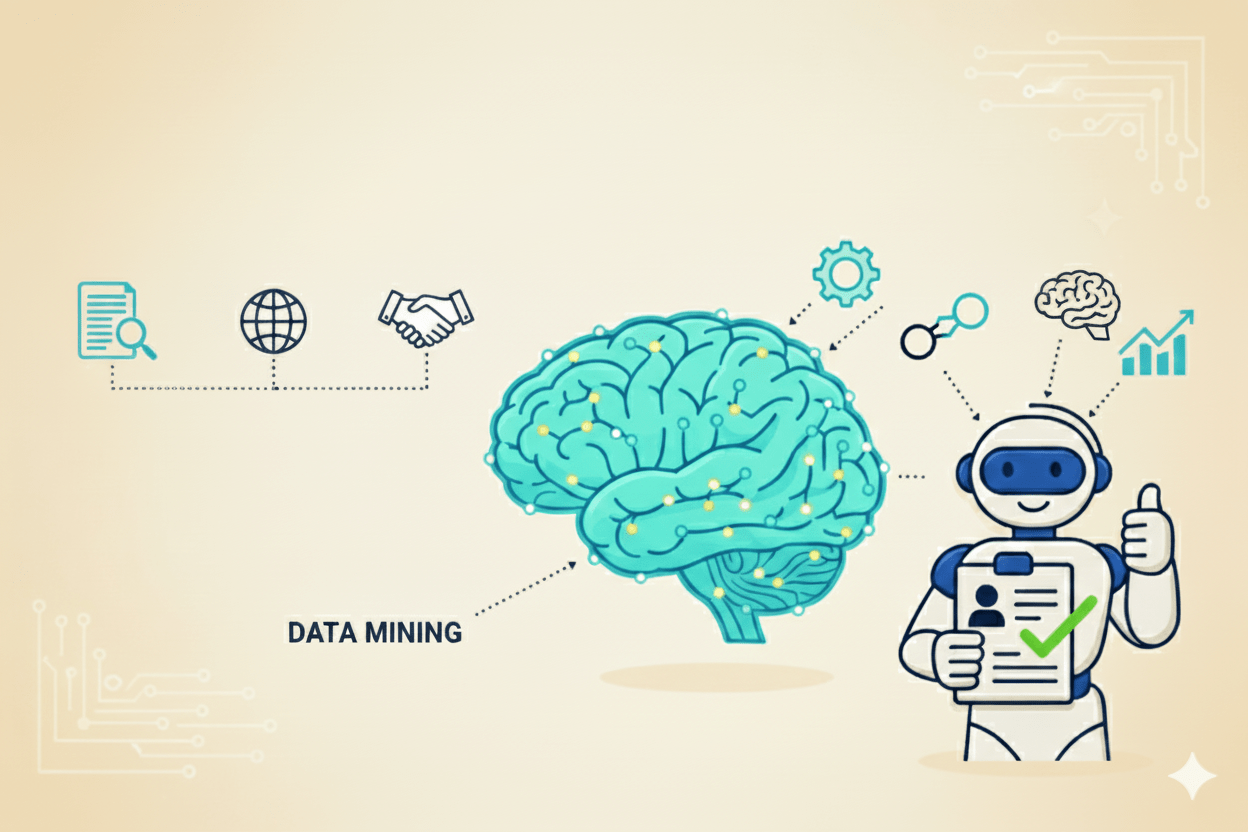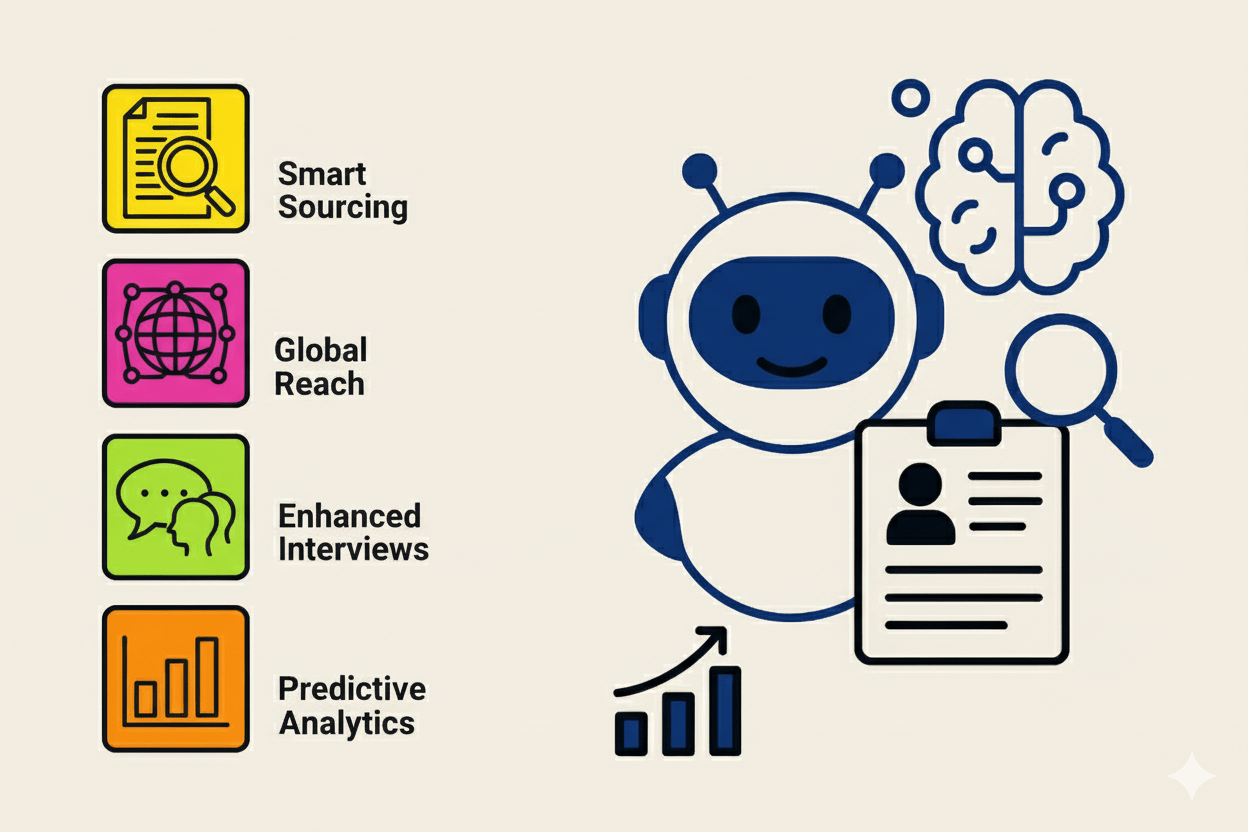AI’s Role in Gig Economy Platforms
Title: AI’s Role in Gig Economy Platforms: Optimizing Workflows, Matching Talent, and Reshaping the Future of Work
Introduction
Gig economy platforms like Uber, Fiverr, and Upwork serve as digital marketplaces connecting independent workers with clients seeking on-demand services. AI is becoming deeply embedded into these platforms, optimizing efficiency, enhancing user experiences, and introducing both opportunities and complexities for this growing mode of work.
How AI is Transforming Gig Economy Platforms
- Intelligent Matching and Recommendations
- Skill & Project Fit: AI algorithms analyze gig worker profiles, project descriptions, past work data, and success rates to suggest highly relevant matches. This streamlines the search process for clients and increases the possibility of landing suitable projects for freelancers.
- Pricing Optimization: AI tools can analyze market trends, competitor rates, and individual worker profiles to provide pricing guidance for both clients and gig workers, aiding in fair and competitive pricing.
- Fraud Prevention and Trustworthy Transactions
- Identity Verification: AI-powered identity verification systems analyze documents and compare them with biometrics (facial recognition, voice matching) to reduce the risk of fake or fraudulent accounts on gig platforms.
- Risk Assessment: AI models flag suspicious activity patterns or transactions, safeguarding both gig workers and clients from potential scams and financial losses.
- Workflow Automation and Efficiency
- Task Management: AI can automate administrative tasks like scheduling, progress tracking, and facilitating secure payments, providing a seamless working experience within the platform.
- Customer Support Chatbots: AI chatbots address common customer and worker inquiries 24/7, reducing the burden on human support teams and improving responsiveness.
- Personalized Work Experiences and Skill Development
- Learning Recommendations: AI analyzes a gig worker’s skills, completed projects, and industry trends to recommend tailored courses or upskilling opportunities.
- Personalized Feeds: AI curates unique job feeds for individual freelancers and clients, highlighting relevant listings based on their specific needs and preferences.
- Data-Driven Market Insights
- Supply and Demand Patterns: AI helps gig platforms understand workforce distribution, popular skill sets, and predict fluctuations in demand, leading to better platform optimization.
- Earning Analysis and Benchmarks: AI generates personalized reports for gig workers, providing insights into their earnings, productivity, and performance relative to their peers.
Benefits of AI in the Gig Economy
- Enhanced Market Efficiency: AI optimizes the matching process, reducing the time and effort it takes to find suitable work or talent.
- Improved Trust and Security: AI safeguards transactions and reduces fraudulent activity, fostering a more reliable environment for all users.
- Opportunity Expansion: By surfacing potential projects and clients that might have gone unnoticed, AI can open up new possibilities for gig workers.
- Data-Empowered Decisions: AI insights help workers to refine their skillsets, identify lucrative niches, and make informed business choices.
Statistics on AI in the Gig Economy
- According to a [McKinsey Global Institute report], by 2025, up to 540 million people could benefit from using gig platforms to find work.
- A [study by Staffing Industry Analysts] found that the global gig economy market is projected to reach $455 billion by 2023.
Navigating the Ethical and Social Implications
- Algorithmic Bias: AI algorithms need careful monitoring and mitigation strategies to prevent discrimination against certain demographics of gig workers or clients.
- Worker Autonomy vs. AI Control: Platforms must ensure a healthy balance between AI recommendations and the freelancer’s freedom to choose projects and set rates.
- Transparent Feedback Systems: AI-powered ratings systems should offer clear explanations and avenues for appeal to foster fairness.
Conclusion
AI is a significant force within the gig economy, offering exciting potential for improved efficiency, security, and personalized experiences. Addressing potential ethical challenges and promoting transparency will be crucial for platforms to earn trust and ensure a fair playing field. As technology continues to evolve, so will AI’s role within the gig economy, making it a fascinating space to watch in the years to come.







